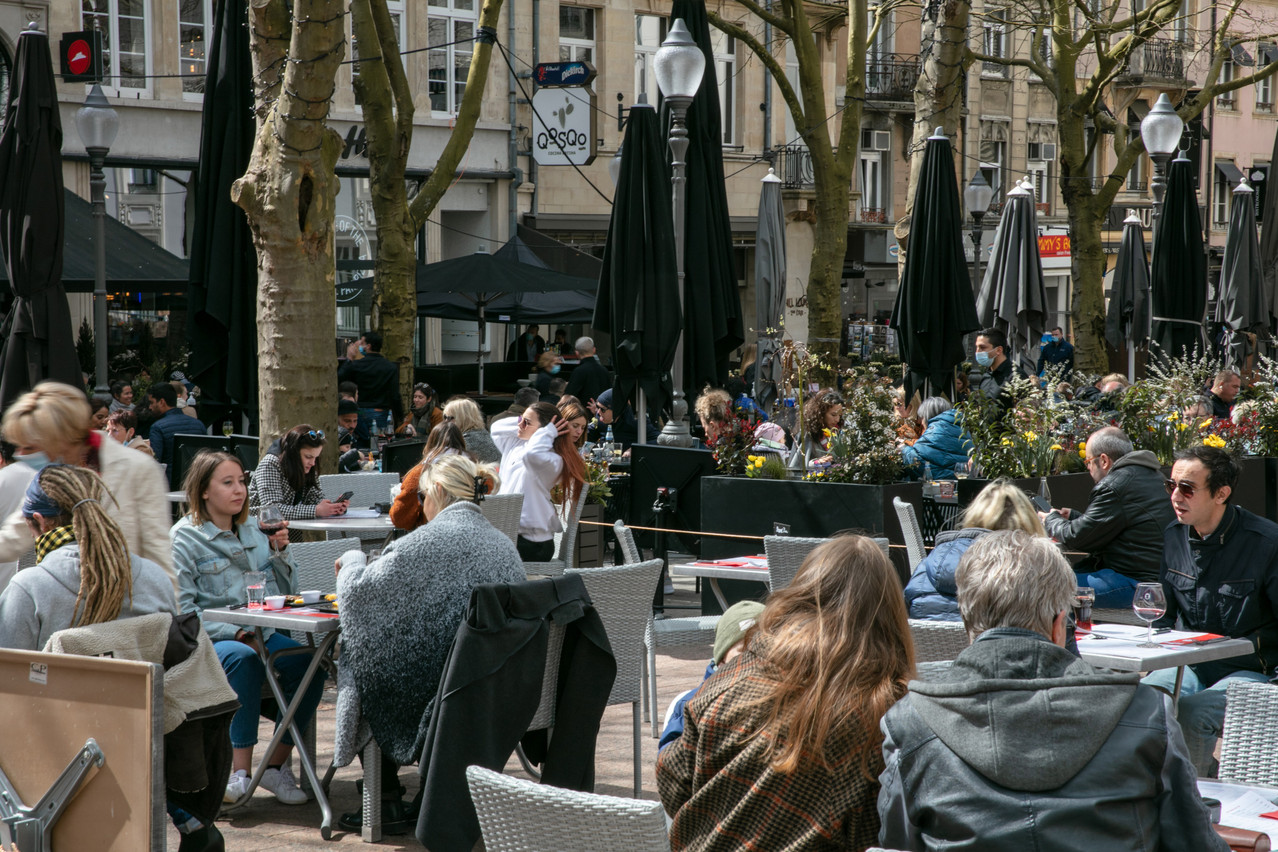Andrew Oswald, a professor at the University of Warwick in economics and behavioural science, was one of the speakers at , a conference hosted in Luxembourg from 1 to 4 June that aimed to discuss and challenge the view that economic growth should be the foremost policy goal.
Delano spoke with Oswald on the sidelines of the conference about how to measure happiness, what impact research is having and how to get happier.
Cordula Schnuer: Your research focuses on the economics of happiness. How do you measure happiness?
Andrew Oswald: People take all sorts of different approaches. But my own view is, it doesn't much matter. ‘How happy do you feel on a scale from zero to 10?’ That question is asked, almost exactly verbatim, by the UK government as part of official national statistics. UK citizens are also asked, ‘How satisfied are you with your life?’ Again, on a zero to 10 scale. ‘How anxious are you?’ And finally, ‘How worthwhile overall is your life?’
What we see as a kind of trend in interest in general wellbeing, across the western world, is possibly because people are realising that modern lifestyles are not as good as they initially thought they would be.
Evidence suggests that the risk of suicide, alcoholism, migraines, distress and other types of pain increases in middle age, when people are usually at the peak of their career and wealthiest. Having looked at this phenomenon, what have you found?
We don't understand the midlife low, I'm afraid, but there's a lot of international evidence for it. You can also see it in chimpanzees and orangutans. So it may be that, for reasons we don't comprehend, a very deep biological or hormonal mechanism is at work, taking us down in life and then taking us up. There really is a midlife low. And I think it would be reasonable to call it a crisis.
We're bringing humanity into policymaking this way. But there's a long way to go.
You've also looked at happiness and how it is linked to work. The Japanese have the term karoshi--death from overwork. Are we working ourselves to death?
I don't know the answer to that. But certainly, there is some evidence that people are consciously or subconsciously competing a lot for status in the workplace and in life. There is only so much rank to go around. I have argued that we should abolish Wednesdays to try to quell this inefficient outcome where everyone's over-competing.
What do Wednesdays have to do with that?
We work too hard, too long. And I just thought, cut the week in the middle. Since I argued that, we've had the pandemic and people seem to see the attraction of not going to work as much.
For many, the pandemic changed the way they work and brought more flexibility, better work-life balance; it cut commutes… what lessons can we learn from this time when it comes to happiness?
The importance of community and friendship networks. It's slightly banal to say that human beings need each other's company. But friendship networks are a big influence on people's happiness.
We're trying to gauge the influence of a whole set of different factors, and which are the really important ones, and which are the smaller ones. Things like relationships are very large, a happy marriage or informal marriage is very important. Income plays a role. Losing your job is a huge negative. Illness is a huge negative.
Governments seem to be putting happiness and work life balance on their agendas. What meaningful initiatives have you seen?
More than half of OECD countries are collecting what we might call wellbeing data officially as part of their statistics. Generally, we begin with some scientific understanding, then we go to more measurement in life, and then that starts to influence policy.
It's still a bit early to see wellbeing data used in a very detailed way in policy. But in the UK, policymakers are now obliged to consider what you might call a wellbeing implication. If you're the finance ministry, the treasury in UK, you can't just say this project will make people richer, so we should do it. I think that is a step forward. We're bringing humanity into policymaking this way. But there's a long way to go.
Write a list of all the things that make you happy and do them more. It's incredibly simple.
As a researcher on happiness, do you have any tips on how to become happier?
Write a list of all the things that make you happy and do them more. It's incredibly simple. But you see, we rush through our lives. It's easy to feel overwhelmed in life, and to forget the things that make you happy.
A lot of the measures that seem to make people happier are similar to the measures that make people healthier. A wide spread of fruits and vegetables seem to help mental health and happiness. Exercise. Friendship networks are extremely important. Where you live makes a difference--being in a green area is helpful. A lack of pollution makes a difference.
If you can find the right person to marry, I strongly recommend it. I haven't got any great advice on how to find that, but if you can, that's really good.
